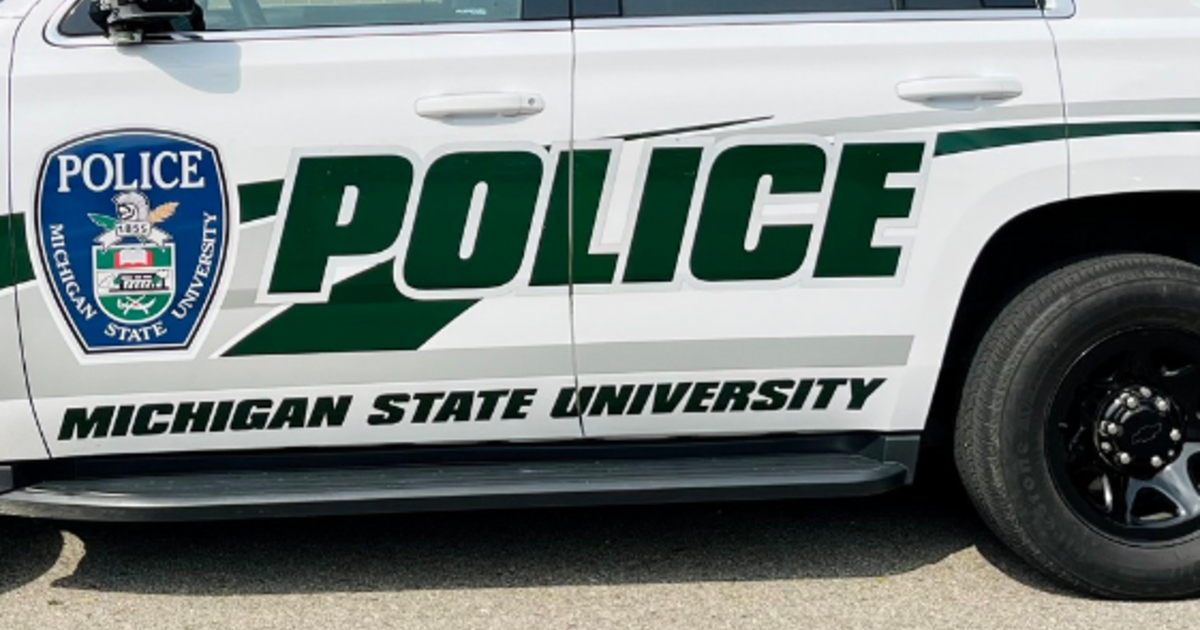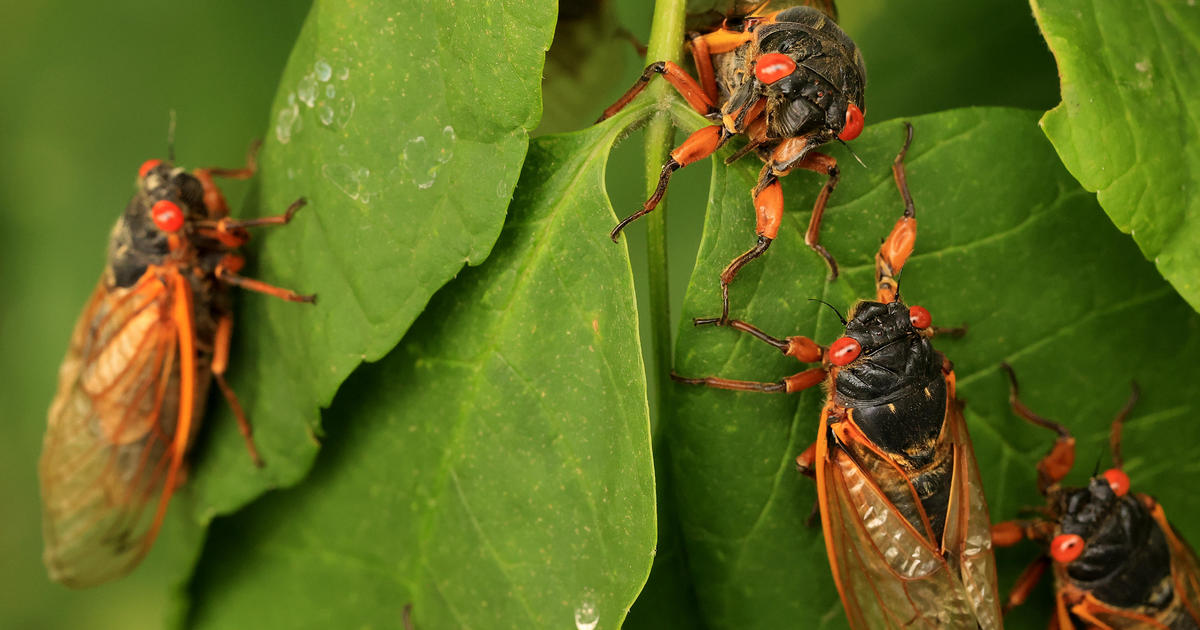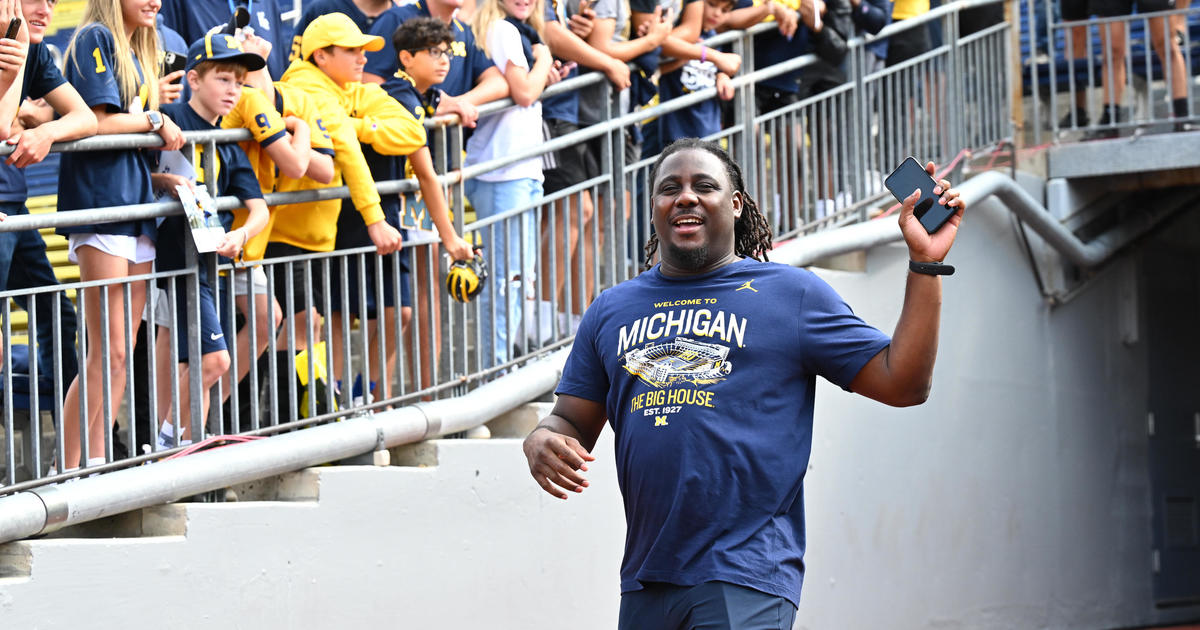Wayne State Study Shows Cancer Spread A Mechanical Matter
Ninety percent of cancer deaths result from metastasis, the spread of cancer to different areas in the body, yet scientific exploration of the possible mechanical factors that promote metastasis has been limited.
A Wayne State University researcher, however, is expanding the scientific understanding of what makes malignant tumors spread, and the answer lies within the dense, fibrous matrix that surrounds cancer cells.
Karen A. Beningo, assistant professor of biology in WSU's College of iberal Arts and Sciences, has found that the continuous restructuring of the extracellular matrix that upholds the weight of a tumor is one of the reasons highly invasive, malignant tumors are mechanically able to spread to other parts of the body. Beningo's study was recently published in PLoS ONE.
"This study has identified a novel physical parameter and a new conceptual framework in which to assess the process of invasion, not just of cancer cells but other invasive cell types as well," said Beningo.
Beningo simulated the tugging and pulling forces by embedding magnetic microbeads in the collagen matrix of a three-dimensional, cell-based assay. This way, she was able to examine the physical mechanisms "without the complication of secreted biochemical factors," she said.
"Surprisingly, we found that cancer cells were two to four times more likely to invade if the matrix was magnetically stimulated than if the culture was not stimulated," Beningo said.
She also found that less invasive tumors were not as stimulated by the tugging and pulling forces of the extracellular matrix as highly invasive tumors. Moreover, the absence of fibronectin, a component of the extracellular matrix, and cofilin, a cellular protein, removed the tumor's sensitivity to the mechanical "come hither" stimulus.
"We can conclusively state that fibronectin and cofilin are required for this mechanical response," said Beningo.
Beningo is working toward defining the mechanism of mechanically enhanced invasion and hopes to identify therapeutic targets.
"If we can prevent the invasive movement of cancer cells from the primary tumor, a large battle in the war on cancer will have been won," she said.
Financial support for the study was provided by Wayne State University.



